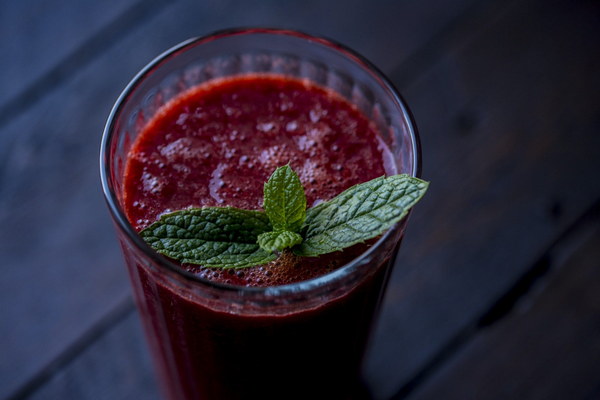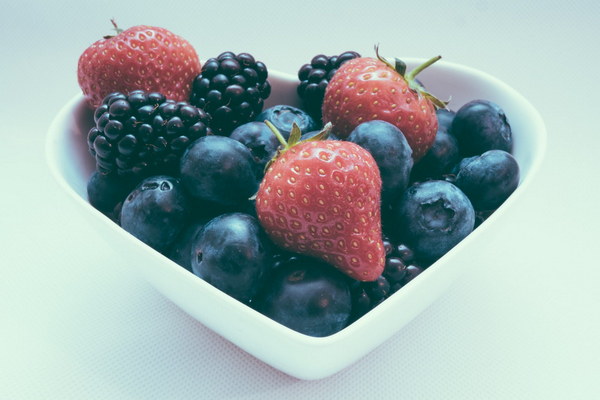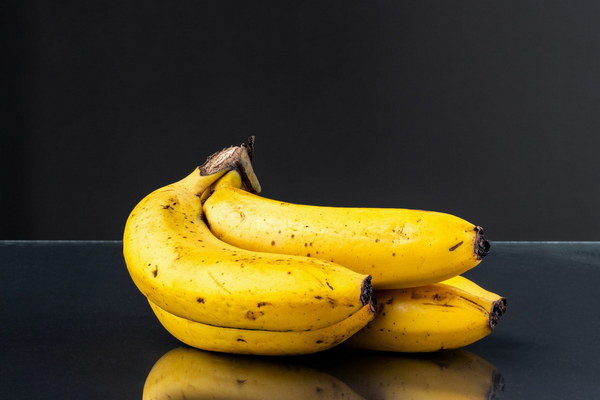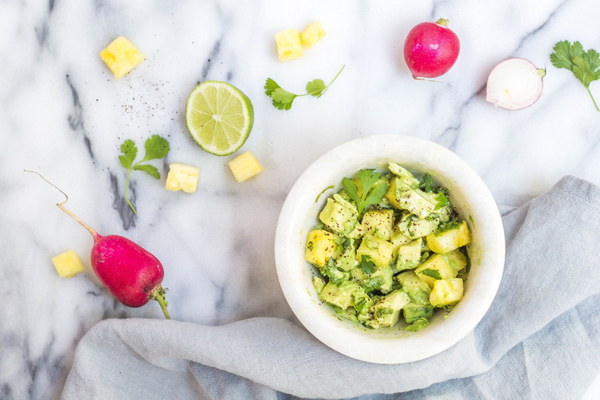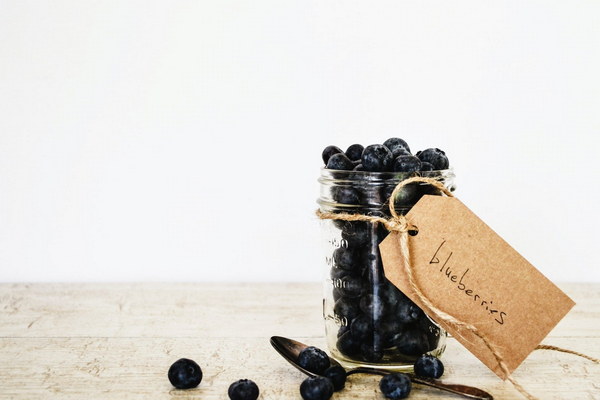Can Jujube Seeds Really Help Cleanse the Lungs
In the realm of traditional Chinese medicine, jujube seeds, also known as red dates or Chinese dates, are often praised for their health benefits. One of the most renowned claims is that jujube seeds can help cleanse the lungs. But can this ancient belief be substantiated by modern science? Let's delve into the topic and explore whether jujube seeds can indeed serve as a natural lung cleaner.
Understanding Jujube Seeds
Jujube seeds are the seeds found inside the jujube fruit, which is a small, round, and reddish-brown fruit. They have been used in traditional Chinese medicine for thousands of years. The seeds are believed to have various health properties, including being anti-inflammatory, antioxidant, and beneficial for the respiratory system.
The Theory Behind Lung Cleansing
The idea that jujube seeds can cleanse the lungs is based on traditional Chinese medicine principles. According to these principles, the lungs are responsible for the exchange of oxygen and carbon dioxide in the body. They are also believed to be susceptible to damage from environmental pollutants, smoke, and dust.
The theory suggests that jujube seeds can help cleanse the lungs by expelling toxins and improving lung function. They are thought to do this by boosting the immune system, reducing inflammation, and promoting the production of mucus to help clear out irritants.
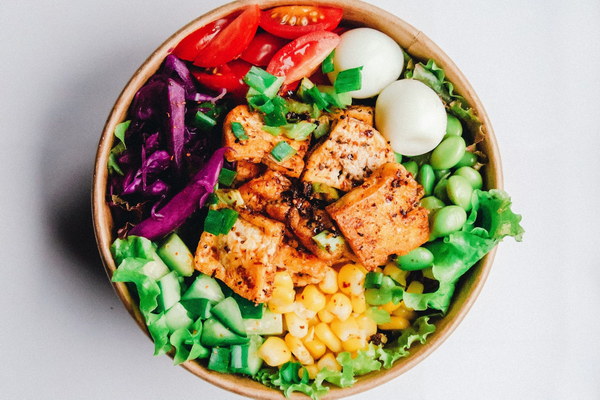
Scientific Evidence
While traditional beliefs are compelling, it's important to examine the scientific evidence to determine the validity of jujube seeds' lung-cleansing properties.
1. Antioxidant Properties: Jujube seeds are rich in antioxidants, such as vitamin C and flavonoids. These antioxidants have been shown to protect against oxidative stress and inflammation, which are known contributors to lung diseases.
2. Anti-inflammatory Effects: Studies have indicated that certain compounds found in jujube seeds may have anti-inflammatory effects. This could be beneficial for individuals with chronic lung conditions like asthma or COPD.
3. Immunomodulatory Effects: Some research suggests that jujube seeds may have immunomodulatory effects, meaning they can influence the immune system to better respond to pathogens and inflammation.
However, it's important to note that while there is some scientific evidence supporting the potential benefits of jujube seeds for lung health, more extensive research is needed to fully understand their effects.
How to Incorporate Jujube Seeds into Your Diet
If you're interested in incorporating jujube seeds into your diet to potentially support lung health, here are a few ways to do so:
- Roasted: Roasting jujube seeds can enhance their flavor and make them easier to consume. They can be sprinkled on salads, added to yogurt, or mixed into granola.
- Powdered: Ground jujube seeds can be mixed into smoothies, baked goods, or used as a spice in various dishes.
- Tea: Jujube seeds can be used to make a soothing tea. Simply boil the seeds in water for a few minutes and strain the mixture before drinking.
Conclusion
While there is some scientific evidence to suggest that jujube seeds may have lung-cleansing properties, it's essential to approach these claims with a degree of caution. Traditional Chinese medicine and modern science are not always aligned, and more research is needed to fully understand the effects of jujube seeds on lung health.
That said, jujube seeds are a nutritious addition to a balanced diet, offering potential benefits that extend beyond the lungs. Whether or not they can cleanse the lungs, they are a rich source of vitamins and antioxidants that may contribute to overall well-being. As always, it's best to consult with a healthcare professional before making significant changes to your diet or treatment plan.
